Taliban hold diplomatic talks in Doha
The Taliban authorities had been excluded from the first round of UN talks in May 2023
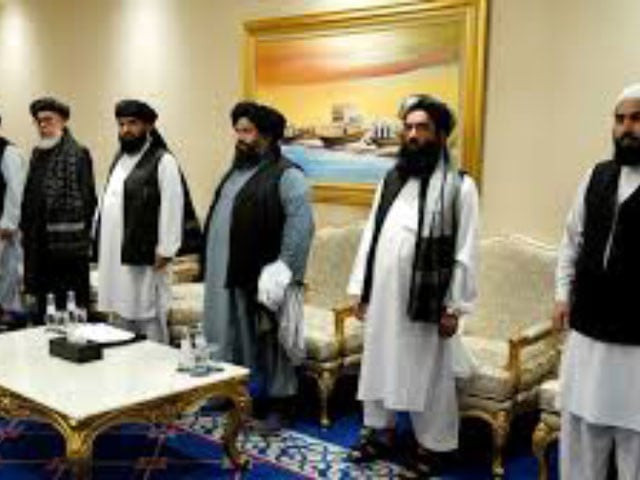
Representatives of Afghanistan’s Taliban government began meetings on Sunday with UN officials as they attended talks in the Qatari capital with special envoys to the Central Asian country for the first time, a UN spokesperson said.
The two-day, UN-hosted meeting in Doha is the third of its kind in just over a year but the first to include Taliban authorities. “Preparatory discussions have begun with the UN meeting separately with many of the special envoys in attendance and with the Taliban representatives,” A UN spokesperson said.
UN officials and over 20 envoys, including the US special representative to Afghanistan, were expected to meet with the Taliban government’s delegation led by spokesman Zabihullah Mujahid. The talks were due to discuss increasing engagement with Afghanistan.
In the aftermath of the Taliban’s return to power in 2021, the international community has grappled with its approach to Afghanistan’s new rulers. The Taliban in Kabul have not been officially recognised by other governments over issues such as laws about women, termed by the UN “gender apartheid”.
The Taliban authorities had been excluded from the first round of UN talks in May 2023 and declined to attend the second round in February, demanding that their delegation be the only Afghan representatives.
In a push to include Taliban government representatives, that condition had been met with the exclusion of civil society groups, which will meet with representatives on Tuesday instead. Taliban foreign ministry official Zakir Jalaly said that those meetings were “unrelated” to the official agenda.
The sidelining of civil society organisations provoked outcry among the groups, including women’s rights activists. “Caving in to the Taliban’s conditions to secure their participation in the talks would risk legitimising their gender-based institutionalised system of oppression,” head of Amnesty International Agnes Callamard said in a statement ahead of the talks.
On Saturday, Mujahid told a Kabul news conference that Taliban authorities “acknowledge the issues about women”, but asserted they were “Afghanistan’s issues” to solve. Hameed Hakimi, an Afghanistan expert, told AFP that the international community was “genuinely” concerned over women’s rights and the role of civil society in the country.
But he explained that international policy makers, “while accepting the Taliban are not perfect players in the game, also recognise that there is this gap that has not been filled by the Afghans themselves”.
In recent years, many governments, international organisations and aid agencies cut off or severely scaled back their funding to Afghanistan in response to the Taliban authorities’ return to power—dealing a serious blow to the already struggling economy.
“On the one hand, there’s a humanitarian situation that requires funding, on the other hand you can’t alleviate the humanitarian situation without the political engagement,” the Britain-based, Chatham House specialist explained.
Ahead of the UN-hosted discussions, the Taliban government delegation held meetings in Doha with special envoys from Russia, India, Saudi Arabia and Uzbekistan, Mujahid said on X, formerly Twitter.

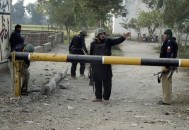
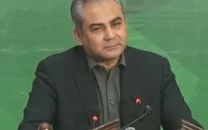
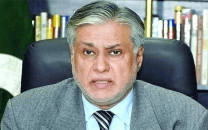
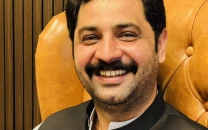
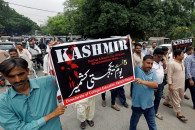













COMMENTS
Comments are moderated and generally will be posted if they are on-topic and not abusive.
For more information, please see our Comments FAQ